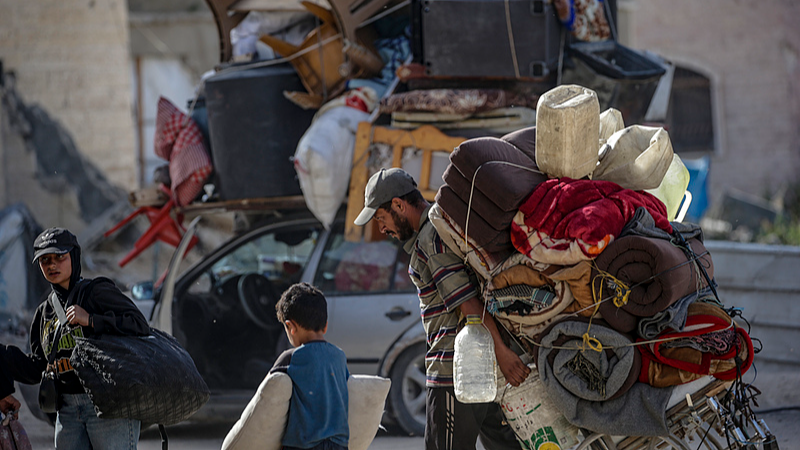On Friday, Hamas submitted a formal response to U.S. President Donald Trump's 20-point Gaza peace proposal, saying it will in principle release all Israeli hostages—living and deceased—and hand over Gaza's administration to a neutral technocratic body supported by Arab and Islamic countries.
The announcement, addressed to regional and international mediators, lays out a timetable under which Hamas would begin immediate talks to flesh out details. It also pledges to address broader Palestinian rights within a collective framework aligned with international law and UN resolutions.
Central to the plan is a ceasefire-for-hostages deal: within 72 hours of Israel's public acceptance, all hostages would be freed in exchange for 250 prisoners serving life sentences and some 1,700 Gazans detained after October 7. Disarmed former fighters who pledge peace could gain amnesty or safe passage abroad.
President Trump, speaking on Truth Social, set a Sunday 6 p.m. Eastern Time deadline and warned that 'all HELL, like no one has ever seen before, will break out against Hamas' if the group fails to sign on.
Israeli Prime Minister Benjamin Netanyahu backed the blueprint, emphasizing its goals: the return of hostages, the dismantling of Hamas's armed wing and Gaza's demilitarization. He cautioned Israel might act unilaterally if talks stall, with Trump promising full support.
UN Secretary-General Antonio Guterres welcomed Hamas's statement, urging an immediate and lasting ceasefire, unconditional release of all hostages and unfettered humanitarian access. He thanked Egypt and Qatar for their mediation, calling the moment a 'narrow window to end months of suffering'.
With a ticking deadline and the promise of technocratic governance on the table, the long-running conflict stands at a potential inflection point—one that could reshape the future of Gaza and ignite renewed hope for peace in the region.
Reference(s):
Hamas agrees to release hostages, hand over Gaza under Trump plan
cgtn.com



